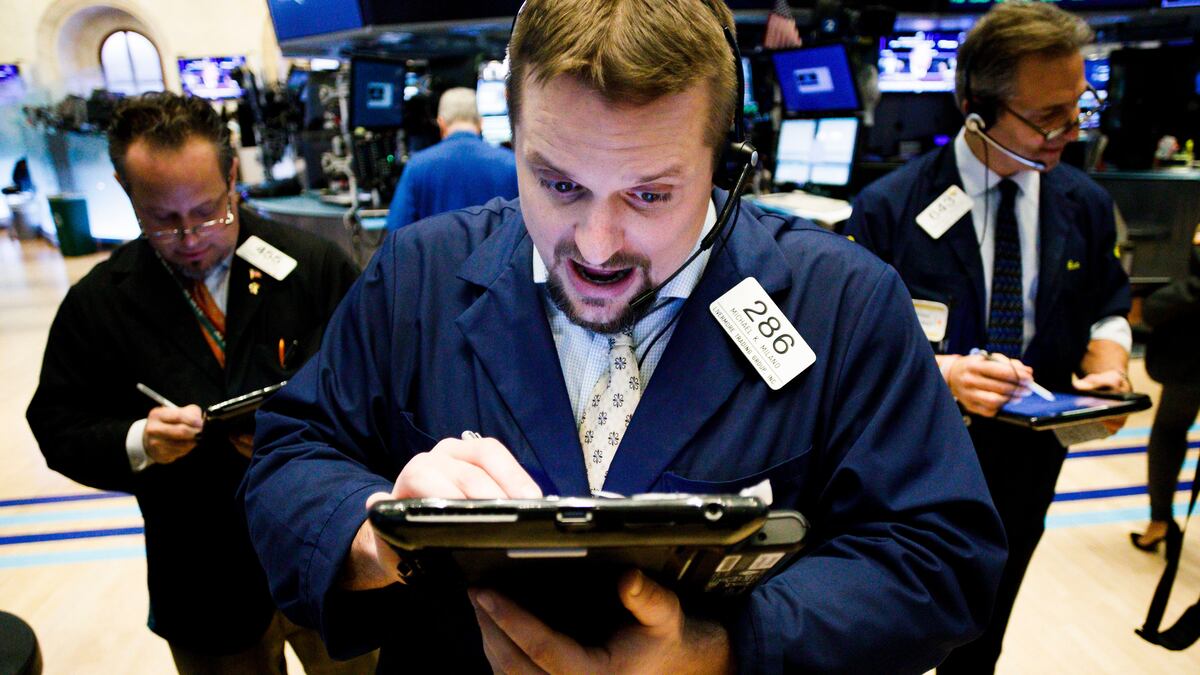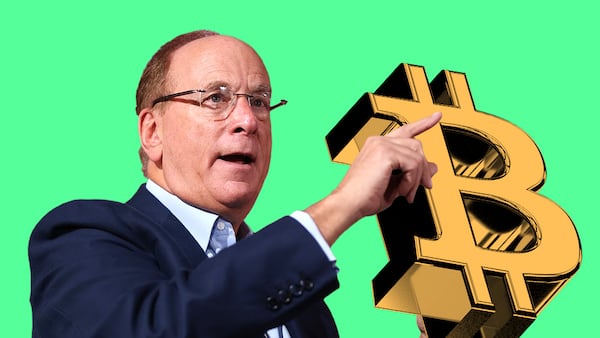- Wall Street heavyweights Millennium Management holds $2 billion in Bitcoin ETFs.
- That doesn't mean the firm is bullish on Bitcoin, institutional traders told DL News.
While some celebrated the $60 billion firm Millennium Management buying roughly $2 billion in various Bitcoin ETFs, analysts tell DL News the purchase is likely part of a more complicated trade.
Two institutional traders told DL News that Millennium had likely deployed a trading strategy called the “basis trade.”
The traders, who asked not to be named, don’t work at Millennium but have relevant experience at Wall Street trading firms.
According to them, rather than betting that Bitcoin’s price will rise further, Millennium is likely arbitraging Bitcoin’s spot price and its futures price on the Chicago Mercantile Exchange.
In other words, Millennium isn’t necessarily getting ETF exposure because it loves Bitcoin — it’s just taking advantage of market inefficiencies.
The investment firm made headlines last week when new filings revealed the company had bought over $2 billion worth of shares in spot Bitcoin exchange-traded funds, including $844 million in BlackRock’s offering and $806 million in Fidelity’s fund.
Millennium’s Bitcoin basis trade
The basis trade is a market-neutral stratagem, meaning that it allows traders to make money without betting that the asset’s price is going to go up or down.
Here’s how it works.
There are several ways investors can gain exposure to Bitcoin. They can buy coins on the spot market via an exchange like Coinbase. They can buy spot Bitcoin ETF shares. Or they can choose to take on leverage by borrowing money on an exchange, with the aim of investing it.
One way traders take on leverage on CME is through Bitcoin futures contracts. These instruments allow traders to buy or sell Bitcoin for a predetermined price at a specified future date.
When demand is high, Bitcoin futures can become more expensive than Bitcoin’s spot price. However, this situation tends to be temporary because both prices are bound to converge when the futures contract expires.
It’s this discrepancy, called basis, that Millennium is likely targeting.
How it works
Hypothetically, if Bitcoin is trading at $70,000 but the corresponding futures contracts on CME are worth $77,000, then there’s a 10% price discrepancy between the two.
The question is then: Will the price of Bitcoin catch up to the price of the futures contract? Or will the opposite happen — the futures deflate until reaching the spot price?
Institutional traders like Millennium that believe in the first scenario will buy spot Bitcoin ETF shares and sell Bitcoin futures contracts on the CME. If they believe in the second scenario, they’ll sell Bitcoin on the spot market and compensate by buying the futures contract.
That allows them to take advantage of the 10% price discrepancy between the spot and futures prices. However, they can still lose money if they bet on the first scenario and the second one occurs — or vice versa.
Millennium owned Bitcoin ETF shares at the time of the filing, but future filings may show that the asset manager has dumped a portion — or even all — of its holdings.
Crypto market movers
- Bitcoin is down almost 1% today and is trading at just over $68,000.
- Ethereum jumped nearly 3% overnight. It now trades at $3,900.
What we’re reading
- Binance’s nightmare in Nigeria deepens after exec collapses in court — here’s everything we know about the crisis — DL News.
- Ethereum Foundation to accelerate formal policy addressing potential conflicts of Iinterest — Milk Road.
- ETH ETFs Will Be Approved. But Could Grayscale Outflows Depress the Price of ETH? — Unchained.
- Kabosu, the iconic Shiba Inu behind Dogecoin, passes away at 18 — Milk Road.
- Damien Hirst paintings tied to NFTs were mass-produced years later than claimed — here’s why holders say it doesn’t matter — DL News.
Tom Carreras is a markets correspondent at DL News. Got a tip about Bitcoin ETFs? Reach out at tcarreras@dlnews.com






